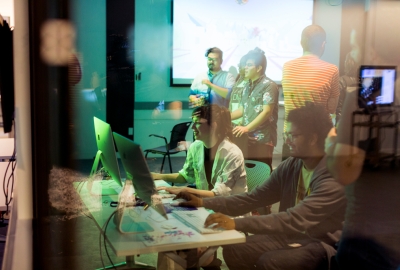Develops an understanding of legal principles and procedures affecting the work of the teacher, administrator and school board member.Consideration of legislation and court decisions arising in connection with organization, policies, and administration of school and districts. Major topics are certification, tenure, tort liability, academic freedom, civil rights, religion and the schools, legal implications of fiscal policy for the creation of learning opportunities, and consideration of powers of the commissioner, school boards, legislatures, superintendents, principals, and trustees.
Course #
EDLED-GE 2207
Credits
Department
Administration, Leadership, and Technology


